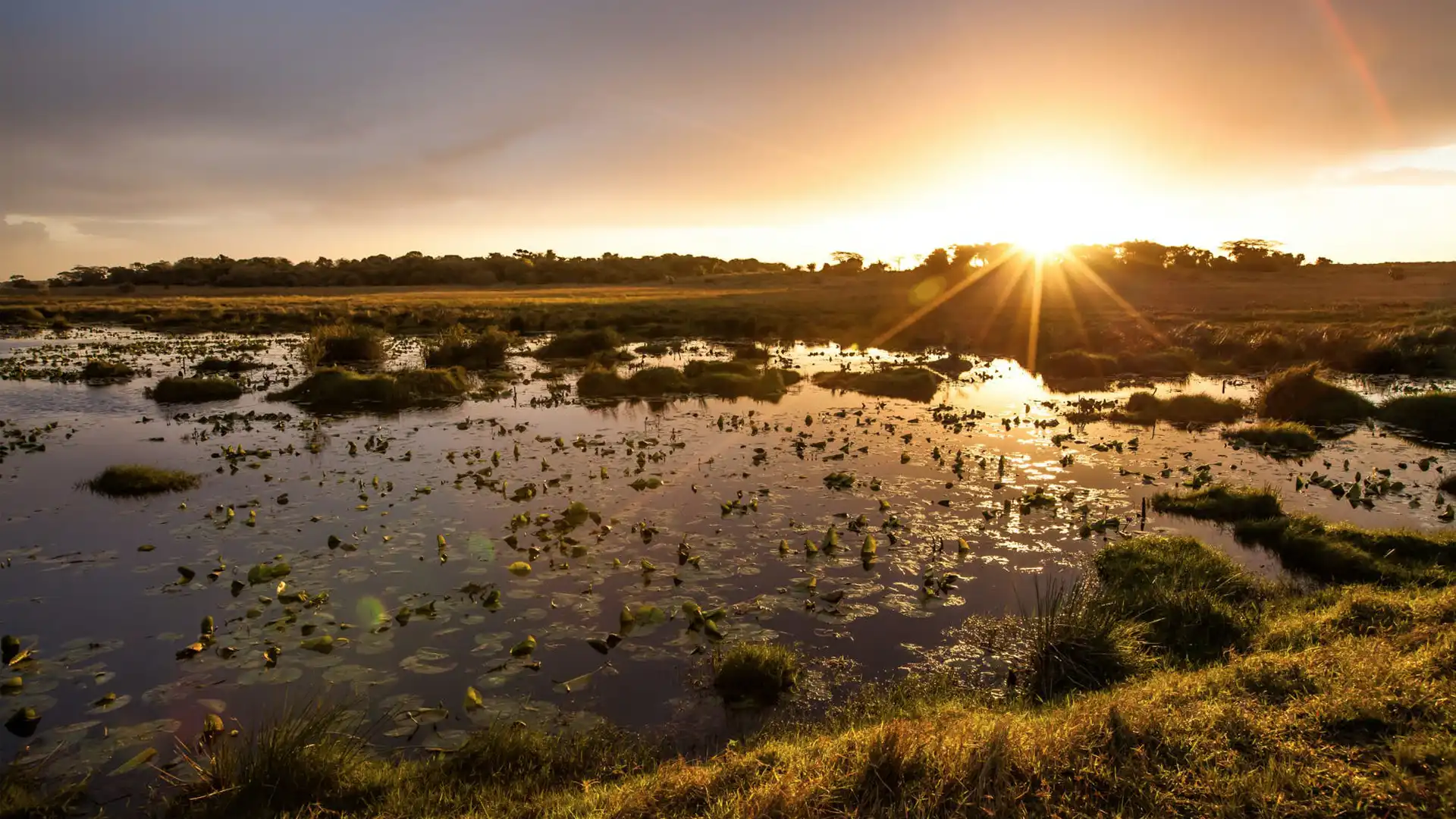Nestled on the eastern coast of South Africa, KwaZulu-Natal is a gem waiting to be explored. It's a place where you can trade the hustle and bustle for laid-back coastal vibes and stunning landscapes. Forget the usual touristy stuff, and let's chat about what makes this place special.
KwaZulu-Natal, or simply KZN, invites you to discover its diverse beauty. From the majestic Drakensberg Mountains with their breathtaking peaks to the golden sands of the Indian Ocean, this province has it all. And guess what? You don't need to be an avid hiker or a beach bum to enjoy it.
The Midlands, for instance, is like stepping into a postcard. Rolling hills and picturesque farmland paint the landscape, and you'll find charming little villages along the way. It's the perfect spot for a leisurely drive, with quaint pubs where you can savor a pint or two.
Speaking of pints, let's talk about the craft beer scene. KZN boasts a thriving craft beer culture, and you won't want to miss it. No need for pretentious beer jargon here; just head to one of the local breweries and enjoy a cold one while chatting with friendly locals.
Now, let's not forget the food scene. Durban, KZN's largest city, is famous for its spicy curry dishes. Grab a plate of bunny chow, a local specialty, and savor the explosion of flavors. No need to be a food critic – just dive in and relish every bite.
If wildlife is your thing, KwaZulu-Natal has some of the best game reserves in the country. You can spot the Big Five without the need for fancy binoculars. Just hop on a safari vehicle, and let nature surprise you.
In a nutshell, KwaZulu-Natal is more than just a destination; it's a conversation waiting to happen. So, when you find yourself here, forget about the formalities and embrace the friendly atmosphere. It's all about good company, good food, and good times.

The best time to visit KwaZulu-Natal largely depends on your preferences and what you'd like to experience. If you're keen on wildlife, the dry winter months from May to September are ideal. During this period, animals gather around water sources, making it easier to spot them on safaris in places like Hluhluwe-iMfolozi Park.
For beach lovers and those looking for a more relaxed atmosphere, the summer months from November to February are perfect. You'll enjoy sunny days and warm waters along the coastal areas. It's also an excellent time for water sports and beach outings.
If you're interested in cultural experiences, consider visiting during the Zulu Reed Dance in September. This vibrant festival celebrates Zulu heritage and traditions. Another notable event is the Royal Agricultural Show in May, offering a glimpse into the region's agricultural prowess. Planning your trip around these occasions can add a unique cultural dimension to your visit to KwaZulu-Natal.
Currency: When in KwaZulu-Natal, you'll be dealing with the South African Rand (ZAR). It's widely accepted, and you can easily exchange your currency at banks, exchange bureaus, or even withdraw it from ATMs.
Language: English is the primary language spoken in KwaZulu-Natal, so you won't have any trouble communicating with the locals. However, you'll also hear Zulu and other indigenous languages, adding to the rich cultural tapestry.
Credit Cards and ATMs: Major credit cards like Visa and Mastercard are widely accepted in urban areas, hotels, and restaurants. You'll find ATMs in cities and towns for convenient cash withdrawals. Just keep some cash handy for more remote areas.
Plugs: South Africa uses Type M electrical plugs, which have three round pins. The standard voltage is 230V, and the standard frequency is 50Hz. Be sure to bring the appropriate adapters for your devices.
Safety: KwaZulu-Natal, like any destination, has its safety considerations. While tourist areas are generally safe, it's advisable to stay vigilant, especially in larger cities. Keep an eye on your belongings, avoid displaying expensive items, and follow local advice regarding safety measures. Enjoy your trip while staying aware of your surroundings.